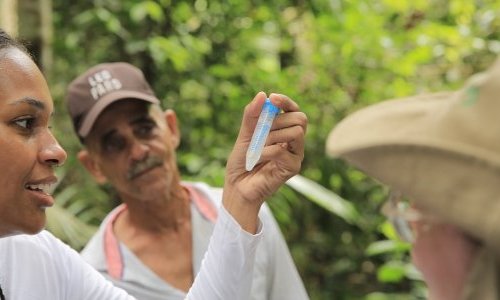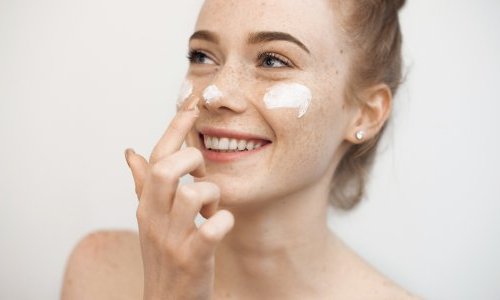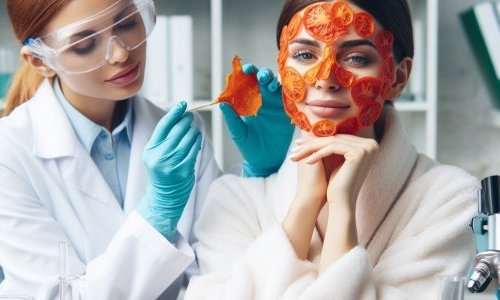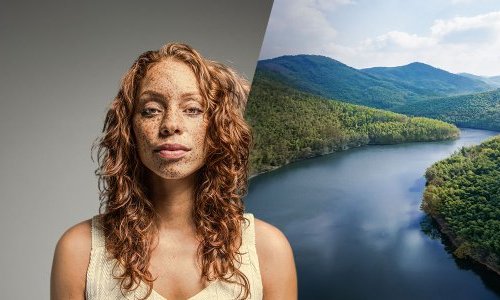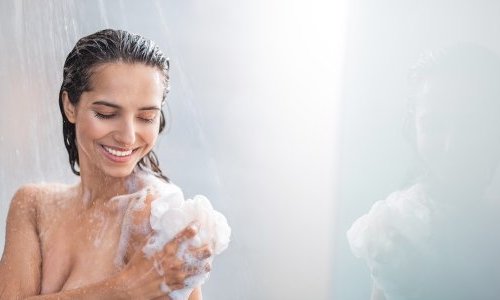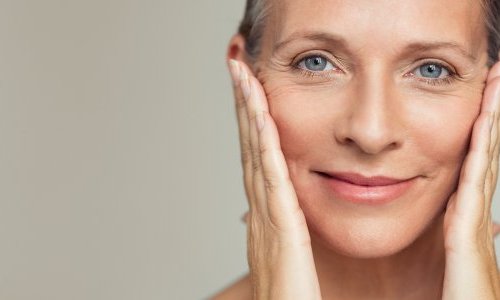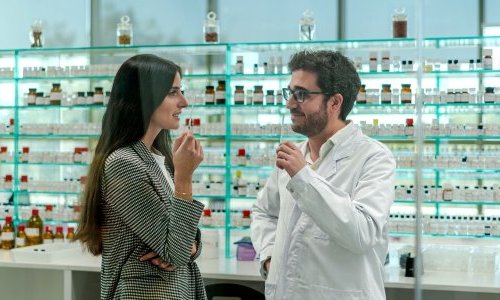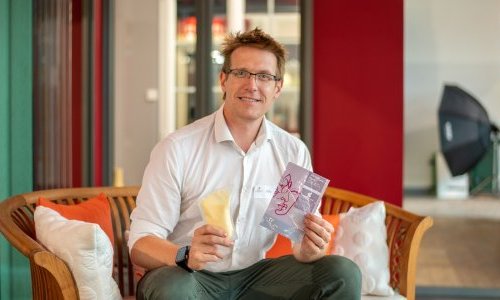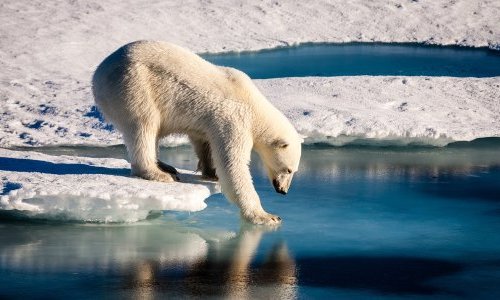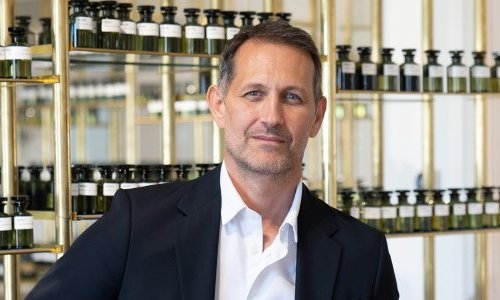Driven by the urgency to act against the biodiversity collapse and the endangering of their lives – some changes are already irreversible, said the IPCC [1], they are uncompromising and demand a fundamental transformation of the society. Along with real corporate projects, going beyond sustainable development, to counter the unthinkable. Besides, action is ’The’ solution to move away from collapse theories (’collapsologists’) or from any other gloomy prediction.

Let’s rejoice however: every day, new initiatives full of meaning and commitment are emerging in all sectors: the Loop/Terracycle deposit system (a Carrefour partnership in France), Patagonia, a committed Company, that closes its stores on global climate mobilisation days, to encourage its employees and customers to take part to them (the "Facing Extinction" campaign), Stella McCartney who asked members of "Extinction Rebellion" to pose for her recent communication campaign, Danone who has convinced 19 companies to join the "One Planet Business for Biodiversity" coalition [2], etc.
Among weak signals to consider, the refusal of certain brands created by Millennials to make unethical sales by also contributing to pollute the planet. A proof of this is Merci Handy, whose founder Louis Marty said ’No!’ to a major international retailer who was seeking to create low price mini shower gels (= plastic and anti-ecological products vs soap). And also to be referenced by the first U.S. beauty box company (only 15% of products received are used = waste). As for the founders of Aroma-Zone, Anne-Cécile and Valérie Vausselin, they chose a moderate growth model for their company, consolidating first and foremost their development in France and repatriating as much as possible their productions (except endemic raw materials) [3].
Others make the choice of:
1. Reducing the number of product launches ("Don’t count on us to release new products every two months, it’s anti SD") [4]
2. No longer supplying some products temporarily, when the production season is over (Alors ça pousse, a slow cosmetic brand that specialises on limited editions, with manual picking and processing of its plants grown following a permaculture process in its garden – the fashionable issue, Oden for its Mirabelle oil)
3. Doing without polluting containers (On the Wild Side, with ingredients from wild harvesting, relies on 100% recyclable glass bottles and cardboard boxes, Demain Beauty, "wishing to have a positive impact on the skin and the planet", advocates the use of recyclable packaging – only the cap is made of plastic).
It’s a fact: startupers are reinventing cosmetics. They think biodegradable, reusable or recyclable packagings (Ioumi-Provence), formulas with no negative impact on water tables, ultra-fresh products (Freedge), solid products (Lamazuna, Pachamamaï), zero waste, with a deposit system (Biotanie refunds 5 euros for any empty container returned, CoZie), in short circuit (Les Candides).
All categories are impacted. And this remarkable ’green & clean’ dynamic has been passed on to the big cosmetic players. After skincare, make-up is also making a statement with new offers (the lipsticks Le Rouge Français, with their formulas made of plant pigments and made available in cases made of apple leather, All Tigers, Narcissea, Kiko Green Me collection, L’Essentiel de Guerlain, who was the first to launch its Bee Respect transparency platform). Hair care of course is not left out (’Sustainable beauty for hair’ boasts Davines, B-Corp certified, Shaeri, Herbal Essences, EWG certified, Source Essentielle L’Oréal...).
The next ’revolution’ will be ’Clean Perfumery’, with newcomers in 2020, such as Floratropia, a natural and responsible fragrance brand created to unveil the wild side of perfumes, and already visible brands, like pH fragrance, who managed in partnership with Givaudan, to design "Clean Home Care" and "Clean Personal Care" products – made of natural raw materials only, 100 Bon which is increasing its distribution. Others like Ormaie even work on their bottles in a sustainable and environmental manner.
Because in the wake of ingredients, the sector in the crosshairs of consumers is of course packaging. There is indeed a clear acceleration. In 6 months, brands and suppliers alike are mobilizing themselves to find alternatives to plastic (even if recycled plastic was a huge step forward: Unilever, L’Oréal – which has also invested in Carbios –, L’Occitane have engaged in using 100% recycled plastic by 2025, Chanel has invested in Sulapac, 100% of Guerlain packs will be eco-designed by 2020, etc.). But for users, this remains plastic and this material is not indefinitely recyclable. The noose is tightening all the more since, in addition to transparency, great coherence is required. Hence, it seems contradictory for customers, adepts of natural and organic products, to buy their product in a plastic container [5]...
At the Journée de la Beauté organized by the CEW France late June 2019, Arnaud Meysselle, Ren Clean Skincare’s CEO, warned: "Brands must take the sustainable development shift immediately, because in two years’ time it will be too late" (i.e. they will be outdated). Ren, who propelled the slogan ’Gray is the new green’, has become the iconic brand of the Unilever Group in terms of pulled customers and virtuous branding. In partnership with TerraCycle, it has, for example, developed a fully recyclable bottle, containing therefore no metal and composed of 20% of plastic recovered from the oceans and 80% from recycled plastic bottles. The aim by 2021: zero waste.
What changes the game play is that the 360° eco-commitment of companies has transformed into a matter of (e)reputation for ever more demanding buyers.
In a near future, ecology will be just as important as the teaching of maths, and sustainable development will be part of young people’s identity (cf. Jeff King’s Muse School California). CSR is today what digital was 10+ years ago: unavoidable, to be regarded as a central pivot for all services, upstream to downstream, of the company.
Well beyond green and clean trends (the latter becoming a market standard and no longer a future-oriented ’topic’), tomorrow’s cosmetics will characterise itself by performing strong and bold actions, by asserting its choices, by federating and communicating on its commitments. In other words, to be a ’Sustainable brand’, embodied by its founder or CEO, acting as a leading binder in his company to advocate his convictions to the general public, with zero green washing. Circular economy and ’decarbonisation’ are in the line of sight.
"Each of us has the power to change the world. Each of us has a role to play. It’s too late to be pessimistic. Time has come to take action, because action generates happiness", Jane Goodall and Yann Arthus-Bertrand



